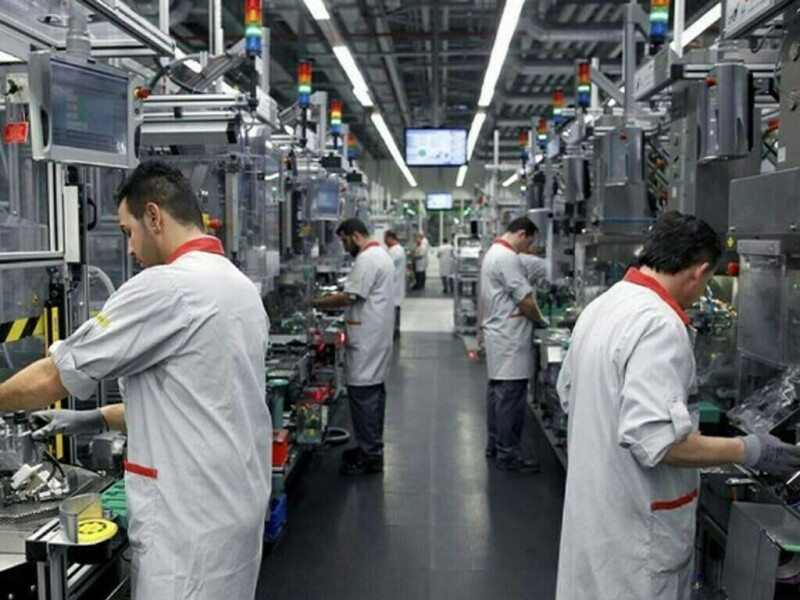KARACHI: Pakistan’s manufacturing sector growth slowed to a seven-month low in April, with the HBL Pakistan Manufacturing Purchasing Managers’ Index (PMI)easing to 51.9 from 52.7 in March, as concerns over global trade weighed, HBL said in a press release.
The latest dip in the index hints at the impact of US President Donald Trump’s trade tariffs, said Humaira Qamar, Head of Equities & Research at HBL.
“We believe that the latest PMI dips are early signs of the headwinds to the global economy from the introduction of US tariffs,” said Humaira Qamar – Head Equities & Research at HBL.
New orders slumped while export orders in particular plummeted. Employment fell for a second month as firms cut costs, said Qamar.
Qamar warned that any U.S. stagflation would hurt Pakistan’s exports, particularly to the U.S. which accounts for 18% of its total, potentially prolonging the manufacturing downturn, though lower commodity prices could provide some relief, she added.
Despite the slowdown, the PMI remains above 50, indicating expansion amid a favourable inflation outlook.
Qamar said she expects an interest rate cut on Monday due to strong deflationary pressures. But a Reuters poll suggests Pakistan’s State Bank will hold rates steady at 12%, following a surprise pause in its last meeting due to geopolitical tensions and inflation concerns.
Pakistan’s annual inflation rate fell to 0.3% in April, well below the Ministry of Finance estimate of 1.5% to 2%. The central bank forecasts average inflation to be in the range of 5.5% to 7.5% for the fiscal year ending June.
Pakistan’s largest bank, HBL, and global financial information and analytics firm S&P Global launched the index In February to track the country’s manufacturing sector.


